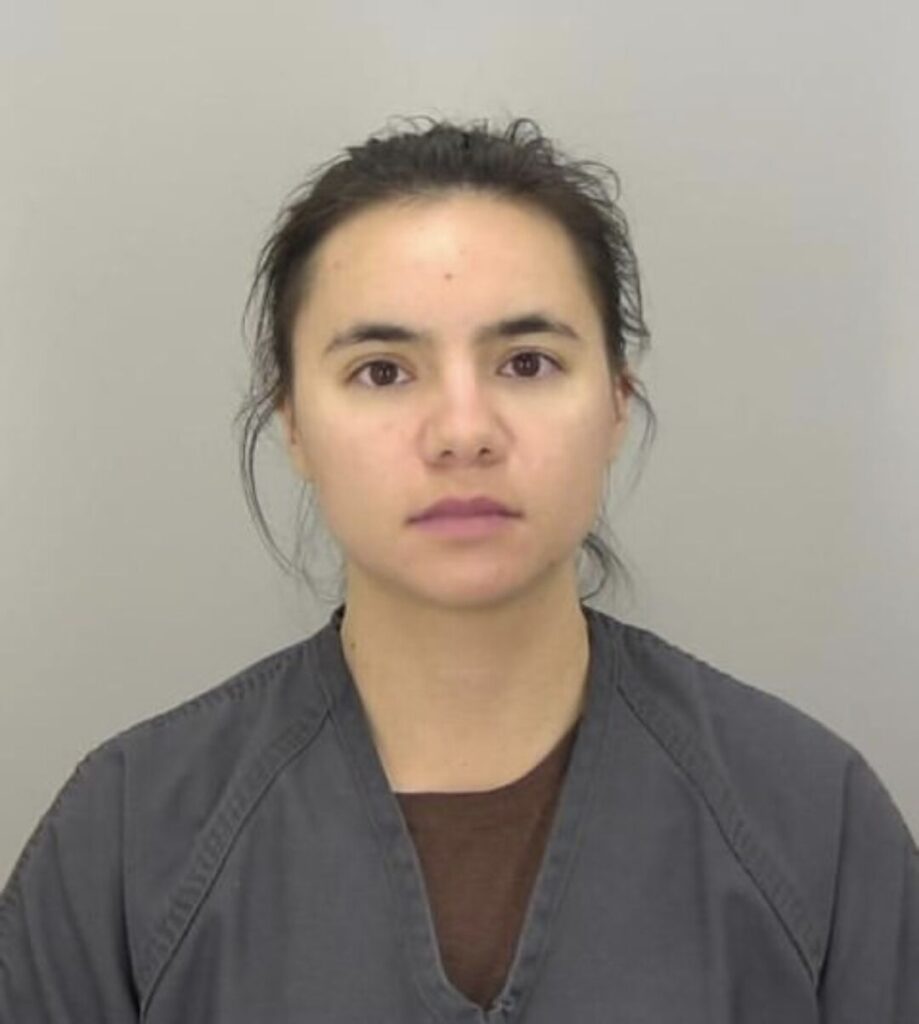Federal judge grants immunity to Westminster officer for shooting mentally ill man
A federal judge on Thursday concluded a Westminster police officer cannot be held liable for shooting and killing a man in an apparent mental health crisis.
Birendra Thakuri’s mother filed suit against Officer Steven Bare and the city one year after her son’s death in August 2018, alleging Bare used excessive force or, alternatively, created the need to use deadly force through his own actions. In response, Bare invoked qualified immunity, which generally shields government officials from civil lawsuits unless they violate a person’s clearly established legal rights.
In a March 14 order, U.S. District Court Judge Daniel D. Domenico agreed Thakuri’s death was “tragic,” but no prior court decisions would have put Bare on notice that shooting Thakuri was a constitutional violation.
“Officer Bare understood or at least should have understood that Mr. Thakuri was in the grips of a mental health breakdown, and not in full control of his faculties. But people in emotional distress or mental health crises may still present serious threats of physical harm,” Domenico wrote. “No precedent cited by the parties clearly establishes that an officer cannot use force if a threat is posed by a mentally unstable person, as opposed to a mentally stable person.”
Attorneys for Bare, who is now retired, said they were grateful Domenico saw Bare’s use of force as “objectively reasonable.”
“This case has weighed heavily on Officer Bare and, no doubt, the Thakuri family. It is hoped that this order will allow closure for all parties involved,” said Gordon L. Vaughan.
Lawyers for Thakuri’s mother did not respond to an email seeking comment. The lawsuit still contains claims against Westminster, alleging its policies motivated Bare’s use of lethal force and that it failed to properly train Bare how to interact with people in mental crisis.
According to the complaint, Thakuri was allegedly walking along Federal Boulevard with his brother one evening when he grew erratic and upset. Thakuri had previously experienced paranoia, severe anxiety and delusions as manifestations of his mental illness. The two brothers had a “scuffle,” prompting a witness to call 911 and report a fight.
Bare arrived first. Although Westminster policies allegedly advised him otherwise, Bare got out of his car and observed the Thakuri brothers kneeling on the ground. Thakuri started “screaming unintelligibly” and “flailing his arms,” which Bare interpreted as an “emotionally disturbed” response.
When Thakuri approached Bare, the officer told him to stop and Thakuri complied. The second time Thakuri approached, Bare hit him in the head with a flashlight and pushed him backwards. The third time Thakuri moved toward Bare, again screaming and flailing, Bare shot him in the chest. Thakuri died from the gunshot wound. He was unarmed.

FILE PHOTO
Thakuri’s mother filed suit against Bare for excessive force. She alleged her son did not pose a risk of serious injury or death to anyone and Bare possessed other, nonlethal means of subduing Thakuri.
“By unnecessarily rushing into a volatile situation alone, without backup, thereby creating the prospect of a two-on-one encounter, and by failing to take any reasonable steps to de-escalate the situation or remove himself from it, Defendant Bare was solely responsible for any danger the situation presented,” the complaint also argued.
Although Bare quickly moved to dismiss in 2019, Domenico let the motion sit for four years with no action. Earlier this month, Domenico held a hearing to listen to the parties in anticipation of finally moving the lawsuit forward.
“There’s not a case that says for somebody who’s in a mental health crisis, in which the officer does nothing other than be there, he is not justified in using deadly force when he’s about to be attacked,” Vaughan argued.
“At most, we have someone flailing their arms,” countered attorney Gail K. Johnson, representing Thakuri’s mother. She added that to the extent Bare felt outnumbered by the two Thakuri brothers, “it was unnecessary for him to place himself in the position of being outnumbered.”
Domenico ultimately found Bare responded reasonably by shooting Thakuri after he approached Bare for the third time while continuing to act erratically. Nor was Bare required to use less-lethal force before opening fire on an unarmed man. Domenico also rejected the idea that Bare’s actions created a dangerous situation in which he felt the need to use force.
“In retrospect, it can be debated whether it was wise, given the facts available at the time, for Officer Bare to park and exit his vehicle without backup,” Domenico wrote. “‘Deliberately’ responding to the emergency call did not incite or provoke any threat.”
The case is Estate of Thakuri v. City of Westminster et al.













